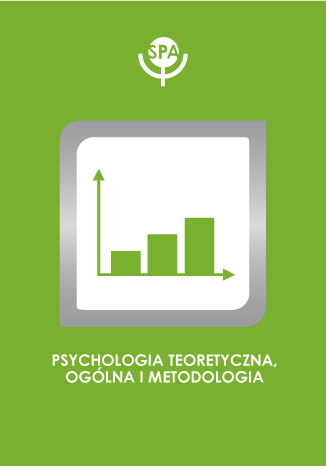Prawo, psychologia i kwantowa teoria prawdopodobieństwa

Bartosz W. Wojciechowski
DOI:10.14691/CPPJ.24.1.61
Rocznik: 2018 Tom: 24 Numer: 1
Strony: 61-67
In quantum cognition mathematical principles from quantum theory are used as a framework to explain human cognition. It is a coherent set of formal tools used to explain empirical findings in psychology and previous research shows that quantum models outperform traditional models in fitting human data. The aim of our study was to analyse cognitive processes and decision making under uncertainty through the quantum cognition assumptions, taking on the example of the criminal proceedings. A total of 120 participants (40 judges, 40 attorneys and prosecutors and 40 people without a law degree) were asked to complete a written test in which they assessed evidence and assigned probabilities to suspects’ guilt. Data from 60 criminal cases were used to prepare a set of written exercises. In each trial participants were presented with 12 pairs of datasets (summary of legal proceedings at investigative and/or juridical stage), remaining blind to the outcome of the case. Results show, that superposition and complementarity principles apply to decision – making in criminal proceedings. They can influence the cognition research as well as forensic psychologists practice, may have impact on judges’ training and legal rules governing criminal procedures.









 Pobierz pełny tekst
Pobierz pełny tekst



